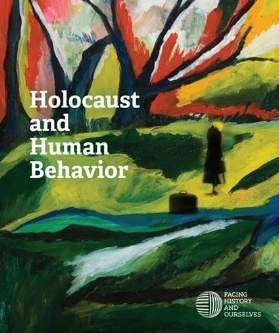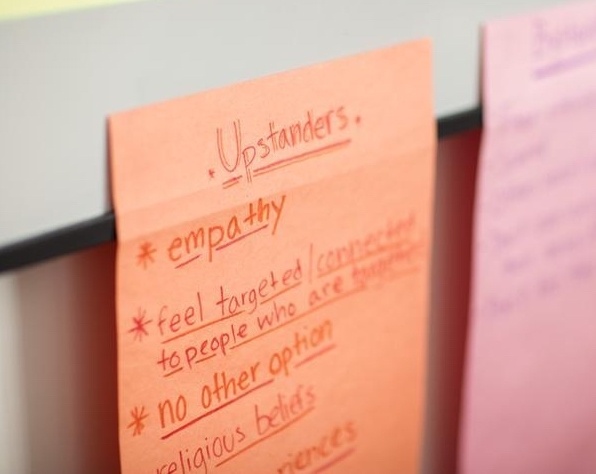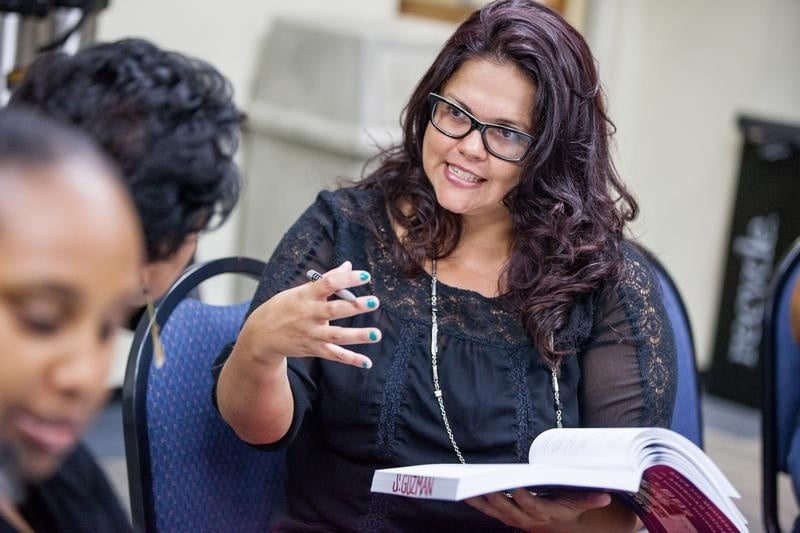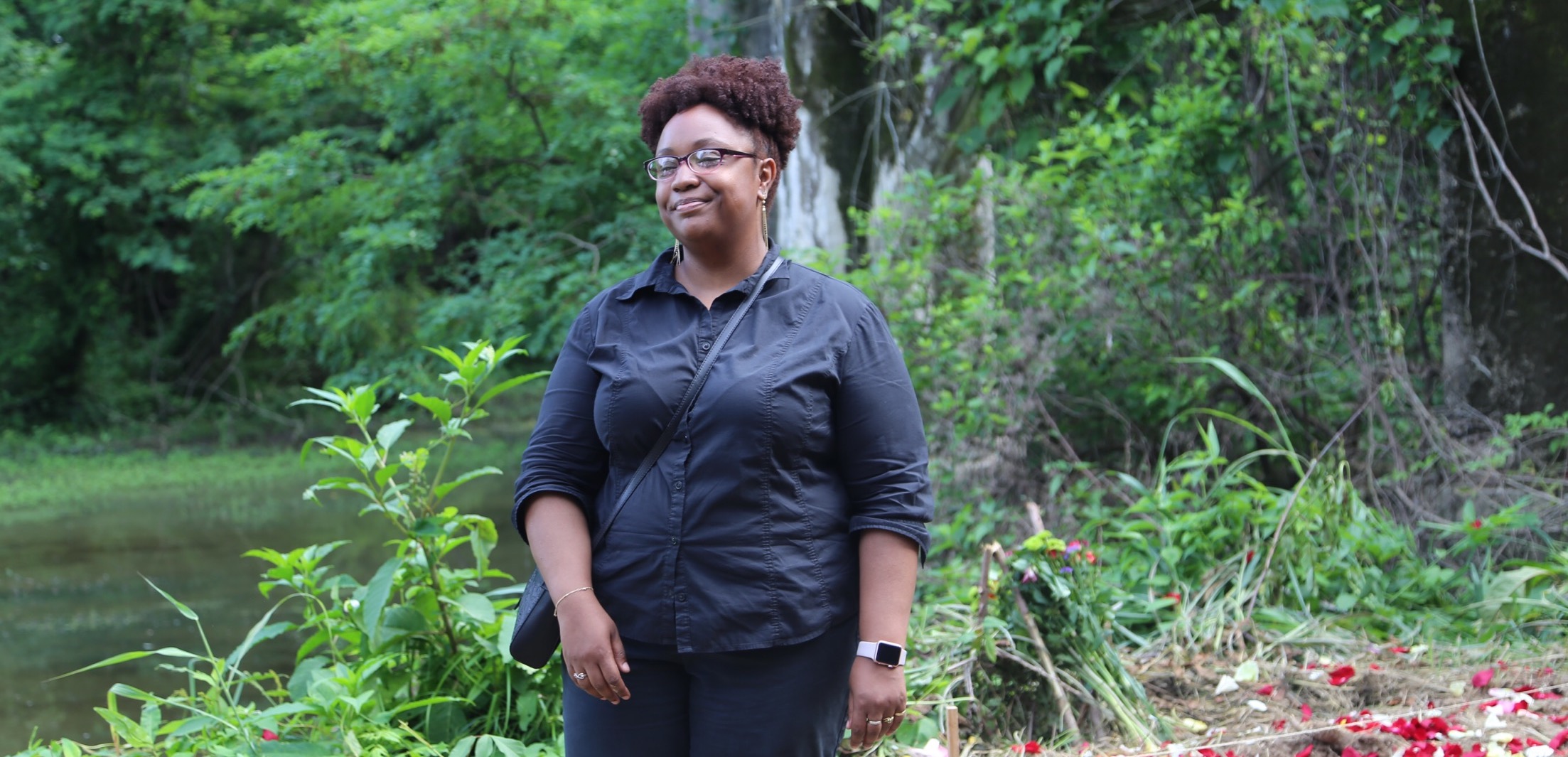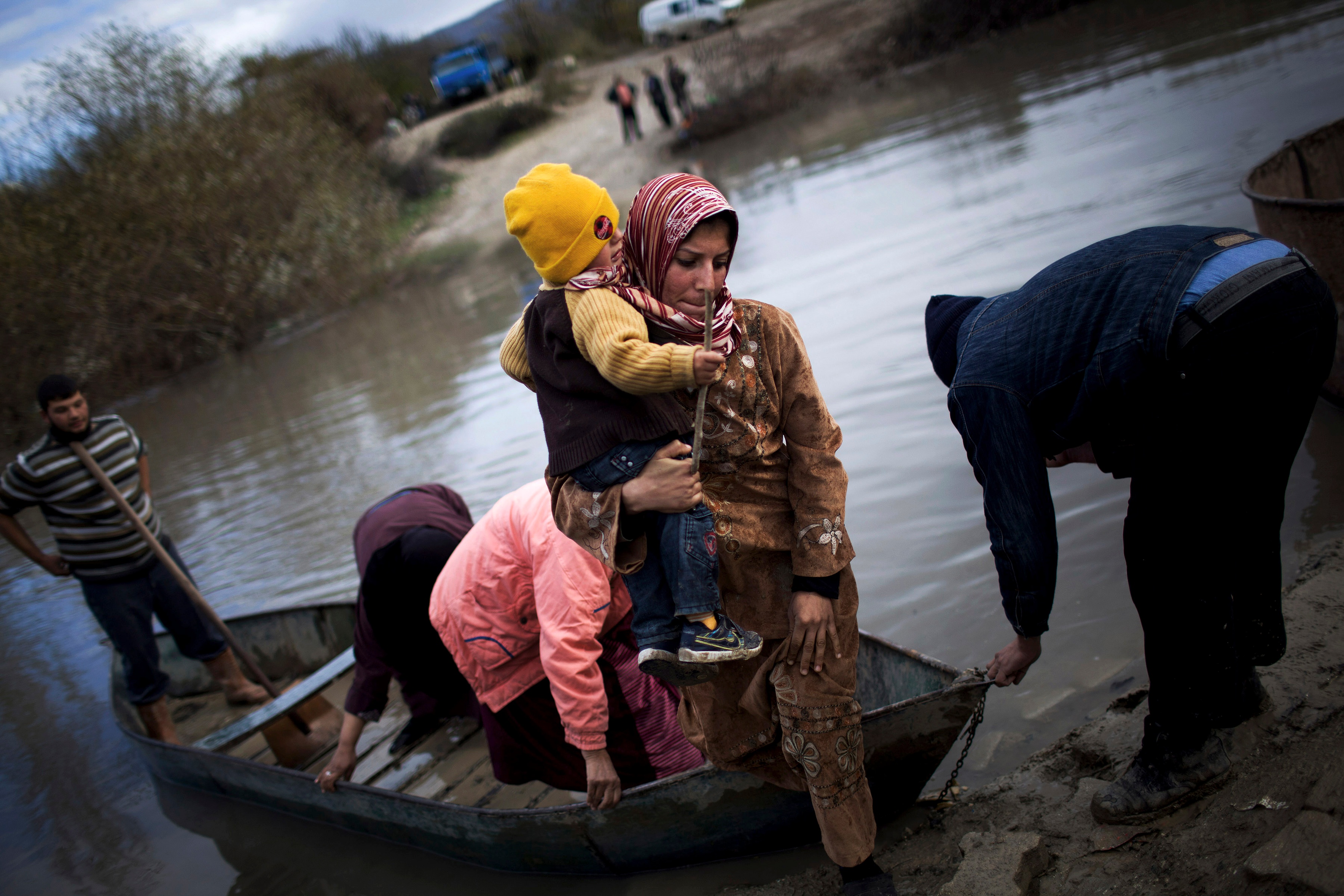At Facing History, we recently revised our seminal case study, Holocaust and Human Behavior. Why is it time for a new edition? In today’s world, how to build and maintain democratic societies that are resilient to violence is more important than ever. Not to mention that Holocaust scholarship and the study of human behavior have changed dramatically since the last revision of this work 20 years ago. So has technology. That’s why we’ve included a digital version of the new edition, along with the print version, which allows educators to build a customized experience in their classroom. We wanted to create a more dynamic experience for teachers and students as they grapple with this difficult history and the moral questions it raises.
3 Features You Need to Know About the New Holocaust and Human Behavior
Posted by Dan Sigward on July 31, 2017
Topics: Facing History Resources, Genocide/Collective Violence, Holocaust and Human Behavior
Earlier in May two men were killed in Portland, Oregon for intervening when a man began screaming xenophobic insults at two young women on a train. I found myself admiring their bravery to act without hesitation but I also felt an overwhelming sense of worry for the students and teachers I work with at Facing History. We introduce them to the theme of “choosing to participate” and to the term, “upstander,” an individual who takes action in the face of injustice. But the deaths of the upstanders in Portland were a stark reminder that such acts can carry great risk. How then, as educators, do we reconcile both calling young people to be upstanders and also not wanting to recklessly expose them to violence?
Topics: Upstanders
Use These Four Guiding Principles in Difficult Conversations
Posted by Tanya Huelett on July 19, 2017
Difficult conversations are a big part of my life. For almost nine years I’ve helped educators learn and teach about atrocities and injustices in the past and present. I should have felt prepared last year when asked to facilitate a webinar on "navigating difficult conversations" for classrooms in Baltimore City Public Schools. Instead I felt overwhelmed and hesitant.
Topics: Webinar, Professional Development, Webinars
How The Legacy of Ell Persons Lives On With Michele Whitney
Posted by Michele Whitney on July 13, 2017
Last year I began a family history project as a way to distract myself from the grief of being an “adult orphan.” My dad passed away 13 years prior and my mom had recently passed away at the beginning of 2016. So much of my identity had been found in my parents, and now being alive without them both was very confusing. I found a unique solace in the research of my ancestors.
Topics: Race and Membership
How to Use Online Sources to Challenge Bias and Expand Perspectives
Posted by Nelson Graves on July 11, 2017
Official online sources can be powerful tools for developing students' perspectives, according to Nelson Graves, journalist and founder of News-Decoder. In this guest post he uses an interesting ecological example to demonstrate how biases work and then provides educators with an exercise to help students challenge their own perceptions to better understand people and the world around them.
Topics: Teaching Strategy
Where’s the best place for summer learning? (Hint: Don’t look far.)
As the achievement gap has widened over the past quarter century, educators have increasingly focused on summer pastimes as both a key factor and a solution. Higher-income children are more likely to fill their days with outdoorsy camps, music and coding classes, and travel. Making those experiences more accessible to and commonplace for all children, the theory goes, can help ensure that low-income kids keep learning at the same rate.
Topics: Summer
Today’s News, Tomorrow’s History: Fluency in Second Language Recognized
Posted by Monica Brady-Myerov on June 28, 2017
Today’s News, Tomorrow’s History is an ongoing series with Listenwise. This series connects Facing History’s themes with today’s current events using public radio to guide and facilitate discussions around the social issues of our time. We will take a look at the recognition given to students fluent in a second language as they graduate from high school.
Topics: Today's News Tomorrow's History, current events, Listenwise
Meet the Winners for the 2017 Margot Stern Strom Innovation Grants!
Posted by Stacey Perlman on June 26, 2017
We're proud to announce the 12 recipients of the 2017 Margot Stern Strom Innovation Grants! This year, we asked teachers to send us their best ideas for how to make "hard empathy" a tangible, concrete experience for young people in the classroom—and they delivered! We received 129 inspiring ideas, which made it difficult for us to choose only 12.
Engaging Summer Reads: Recommendations from Facing History's Library
Posted by Tracy O'Brien on June 22, 2017
Often, summer is a time for relaxation. However, many of us also seek stories that will engage us in the experiences of others, or will help us stay engaged in making a better world. Here are a few picks of recently published books, as well as a couple of classics, that hold enduring insights.
Topics: Facing History Library
According to the United Nations, “every minute 20 people leave everything behind to escape war, persecution, or terror.” People also flee natural disasters. That’s 28,300 people in a day. Currently, more than 65 million people are refugees or internally displaced. This is the largest figure ever recorded. World Refugee Day provides us with the opportunity to pause, learn more and reflect on our individual, local, national, and global commitments as citizens and as human beings.
Here are three stories to commemorate World Refugee Day. We hope these inspire you to consider and discuss what responsibilities individuals have to respond to the needs of refugees today.
Topics: Refugee Crisis

